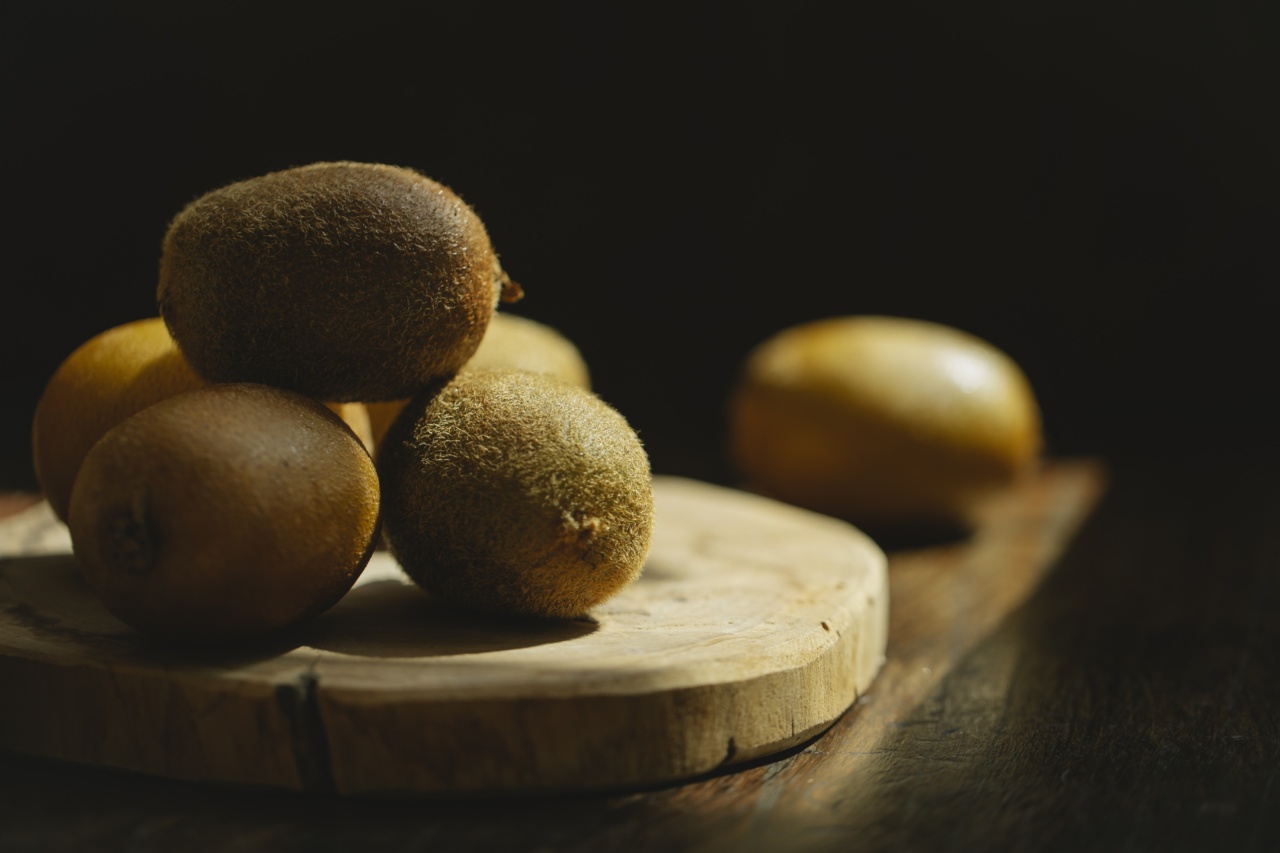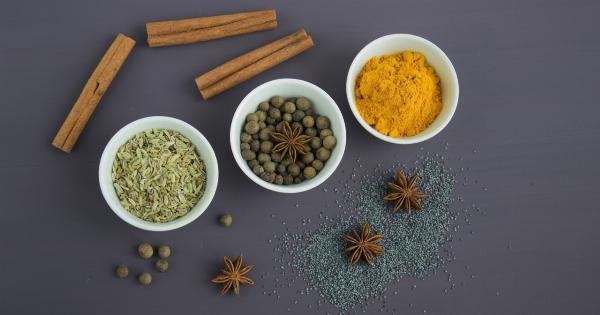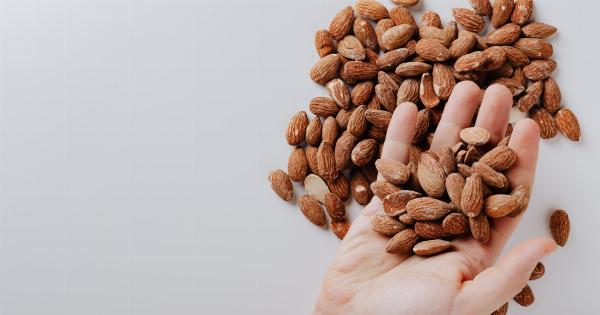Whether you are considering adopting a vegetarian lifestyle or simply looking to incorporate more plant-based protein into your diet, there are plenty of delicious options available.
Contrary to common belief, vegetarian diets can offer ample protein intake, while also promoting health and environmental sustainability. Read on to discover 30 alternative protein sources that will help you make a smooth transition into the world of vegetarian eating.
1. Lentils
Lentils are a versatile and nutritious protein powerhouse. Packed with fiber, folate, and iron, they are easy to cook and can be used in a variety of dishes, such as soups, stews, and salads.
2. Quinoa
This gluten-free grain is not only high in protein but also full of essential amino acids. Quinoa can be used as a base for salads and grain bowls or as a substitute for rice in various recipes.
3. Tofu
Tofu, made from soybeans, is a staple in vegetarian and vegan diets. It is rich in protein, calcium, and iron. Tofu can be baked, stir-fried, or grilled to add a satisfying protein boost to your meals.
4. Chickpeas
Chickpeas, also known as garbanzo beans, can be enjoyed roasted as a crunchy snack or blended into creamy hummus. They are an excellent source of protein, fiber, and minerals, making them a filling and nutritious choice.
5. Edamame
Edamame, young soybeans in their pods, are not only a tasty snack but also a great source of protein. Serve them steamed with a sprinkle of sea salt or add them to salads and stir-fries.
6. Black Beans
Black beans are rich in protein, antioxidants, and fiber. They can be used in various Mexican-inspired dishes like tacos, burritos, or as a base for hearty bean soups.
7. Tempeh
Tempeh is a fermented soybean product that provides a significant amount of protein. Its nutty flavor and firm texture make it a fantastic meat substitute in stir-fries, sandwiches, and even burgers.
8. Chia Seeds
Chia seeds are not only a great source of protein but also rich in omega-3 fatty acids and fiber. They can be soaked in liquid to create a pudding-like consistency or added to smoothies, cereal, or baked goods for an extra nutritional boost.
9. Seitan
Seitan, also known as wheat gluten, is a high-protein meat substitute ideal for those following a vegetarian or vegan diet. Its texture closely resembles meat, making it a popular choice for dishes such as stir-fries, stews, and sandwiches.
10. Greek Yogurt
Greek yogurt contains twice as much protein as regular yogurt. It makes an excellent option for breakfast or snacks and can also be used as a substitute for sour cream or mayo in various recipes.
11. Peas
Green peas are not only a good source of protein but also provide essential vitamins and minerals. Enjoy them steamed as a side dish, blended into soups, or added to salads for a fresh burst of flavor.
12. Hemp Seeds
Hemp seeds are a complete protein, meaning they contain all the essential amino acids your body needs. Sprinkle them over salads, yogurt, or blend them into smoothies to enhance your protein intake.
13. Peanut Butter
Peanut butter is a delicious source of plant-based protein and healthy fats. Spread it on whole-grain bread, use it as a dip for apple slices, or add it to smoothies for a creamy and protein-rich treat.
14. Green Leafy Vegetables
Although not as protein-dense as some other sources on this list, green leafy vegetables like spinach, kale, and broccoli still provide a significant amount of protein.
Add them to salads, sauté them as a side dish, or blend them into smoothies for added nutrition.
15. Mushroom
Mushrooms are a versatile ingredient that can add depth and flavor to any dish. While they are not a substantial protein source on their own, they can be combined with other ingredients to create protein-rich meals.
16. Cottage Cheese
Cottage cheese is a low-fat and protein-rich option that can be enjoyed on its own or used in baking and cooking. It is also a good source of calcium, which is essential for maintaining strong bones and teeth.
17. Asparagus
Asparagus is not only a tasty vegetable but also contains a decent amount of protein. Grill or steam it as a side dish or add it to pasta dishes and salads for an extra nutritional boost.
18. Almonds
Almonds are not just a satisfying snack but also an excellent source of protein, healthy fats, and fiber. Enjoy them on their own, as almond butter, or sprinkle chopped almonds over salads, oatmeal, or stir-fries.
19. Sunflower Seeds
Sunflower seeds are packed with protein, healthy fats, and vitamin E. They make a delicious and crunchy topping for salads, soups, and stir-fries or can be enjoyed as a simple snack.
20. Pumpkin Seeds
Pumpkin seeds, also known as pepitas, are not only a tasty snack but also a fantastic protein source. Roast them with salt and spices or sprinkle them over salads, soups, or yogurt for a delightful crunch.
21. Oats
Oats are a nutritious grain and an excellent source of vegetarian protein. Enjoy them as a warming bowl of oatmeal, use them as a base for homemade granola bars, or blend them into smoothies for added thickness.
22. Spirulina
Spirulina is a blue-green algae rich in protein, vitamins, and minerals. It is available in powder or tablet form and can be added to smoothies, juices, or even used as a natural food coloring.
23. Amaranth
Amaranth is a gluten-free grain that packs a powerful protein punch. Cook it like rice or quinoa and use it as a base for salads, side dishes, or porridge for a tasty and nutritious meal.
24. Cashews
Cashews are not only creamy and delicious but also a great source of protein and healthy fats. Enjoy them as a snack, blend them into creamy sauces, or use cashew butter as a spread.
25. Soy Milk
Soy milk is a popular dairy milk alternative and an excellent source of plant-based protein. Use it in smoothies, coffee, or as a substitute for milk in baking for a nutritional boost.
26. Wild Rice
Wild rice is an ancient grain that offers a good amount of protein, along with essential vitamins and minerals. Use it as a side dish, in grain bowls, or mixed into salads for a unique flavor and texture.
27. Edible Seaweed
Edible seaweed, such as nori or dulse, is not only high in protein but also rich in iodine and other essential minerals. Use it to wrap sushi rolls or crumble it into salads for added nutrition.
28. Pinto Beans
Pinto beans, commonly used in Mexican cuisine, are loaded with plant-based protein, fiber, and antioxidants. Enjoy them in chili, burritos, or as a filling for tacos for a protein-packed meal.
29. Sesame Seeds
Sesame seeds are not only a flavorful addition to various dishes but also a good source of protein, healthy fats, and minerals. Sprinkle them over stir-fries, salads, or use them to make homemade tahini sauce.
30. Buckwheat
Buckwheat, despite the name, is not related to wheat and is gluten-free. It provides a decent amount of protein and can be used in porridge, salads, or ground into flour for baking.





























